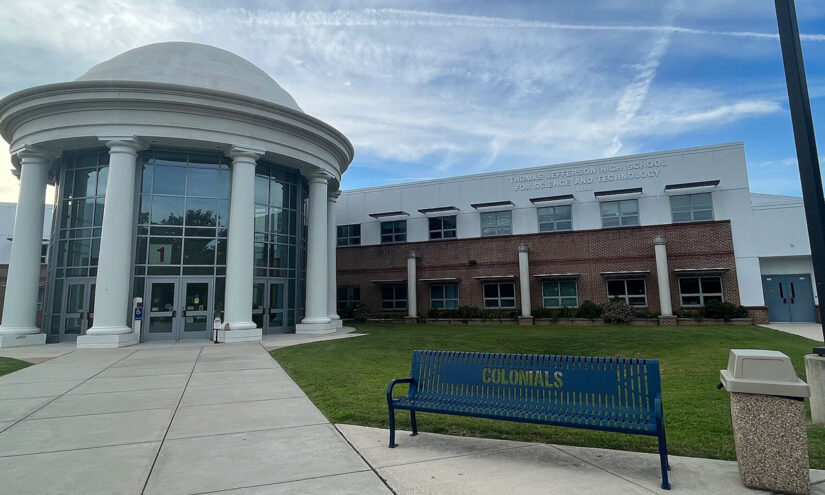Oklahoma Superintendent Ryan Walters released instructions on Wednesday for inte …
Supreme Court rejects challenge to admissions policy at elite Virginia high school
Carlos Changemaker

The U.S. Supreme Court declined a request to review a lawsuit that could have disrupted efforts in schools to enhance diversity. Last year’s decision to end race-conscious admissions in higher education seems to indicate the court’s satisfaction with the selection process at specialized K-12 schools.
In 2020, the Fairfax district in northern Virginia adjusted its admissions criteria to better align with the county’s student demographic. Last May, the U.S. Court of Appeals for the Fourth Circuit upheld the implemented plan.
While the Supreme Court did not provide a reason for disregarding the case, Justice Samuel Alito, supported by Justice Clarence Thomas, expressed dissent regarding the Fourth Circuit’s ruling in “Coalition for TJ v. Fairfax County School Board” as “a virus that may spread if not promptly eliminated.”
“What the Fourth Circuit majority held, in essence, is that intentional racial discrimination is constitutional so long as it is not too severe,” stated Alito, emphasizing the need for correction.
The Supreme Court’s previous decision against Harvard and the University of North Carolina concerning affirmative action-based admissions left uncertainty for K-12 integration initiatives based on family income. The changes in admissions at Thomas Jefferson High School for Science and Technology were contested by Fairfax parents, claiming the adjustment disadvantaged Asian-American students.
Before the alteration of Fairfax’s admissions rules, around three-fourths of students were Asian-American. The new criteria eliminated a demanding test, a $100 fee, and reserved seats for the top 1.5% of 8th graders in each middle school. The Coalition for TJ argued that the modifications were racially biased as the acceptance rate of Asian-American students fell to 54%.
“The Supreme Court missed an important opportunity to end race-based discrimination in K-12 admissions,” remarked Joshua Thompson, a senior attorney from the Pacific Legal Foundation representing the Fairfax parents.
However, supporters of the admissions changes maintain that the new average GPA of incoming students is 3.9, illustrating an academic improvement compared to the previous policy.
The denial of the TJ appeal by the Supreme Court marks another setback for Pacific Legal in addressing discrimination against white and Asian-American students in K-12 education. This decision follows a ruling against the firm’s clients in a similar case concerning selective schools in Boston.
Pacific Legal intends to revisit the High Court in the upcoming weeks to reexamine key issues highlighted in the TJ case.
The Boston Public Schools mirrored Fairfax’s move by transitioning to a policy that admitted students based on high GPAs rather than merit for its “exam” schools.
Pacific Legal also represents plaintiffs contesting admissions criteria in Montgomery County, Maryland, and New York City, with recent lawsuits filed on behalf of New York parents over a statewide program preparing students for STEM fields.
In Philadelphia, the American First Legal Foundation filed a lawsuit in response to the district’s shift from merit-based criteria to a lottery system for competitive school admissions, favoring students from certain ZIP codes.
The case is currently pending in federal district court.



